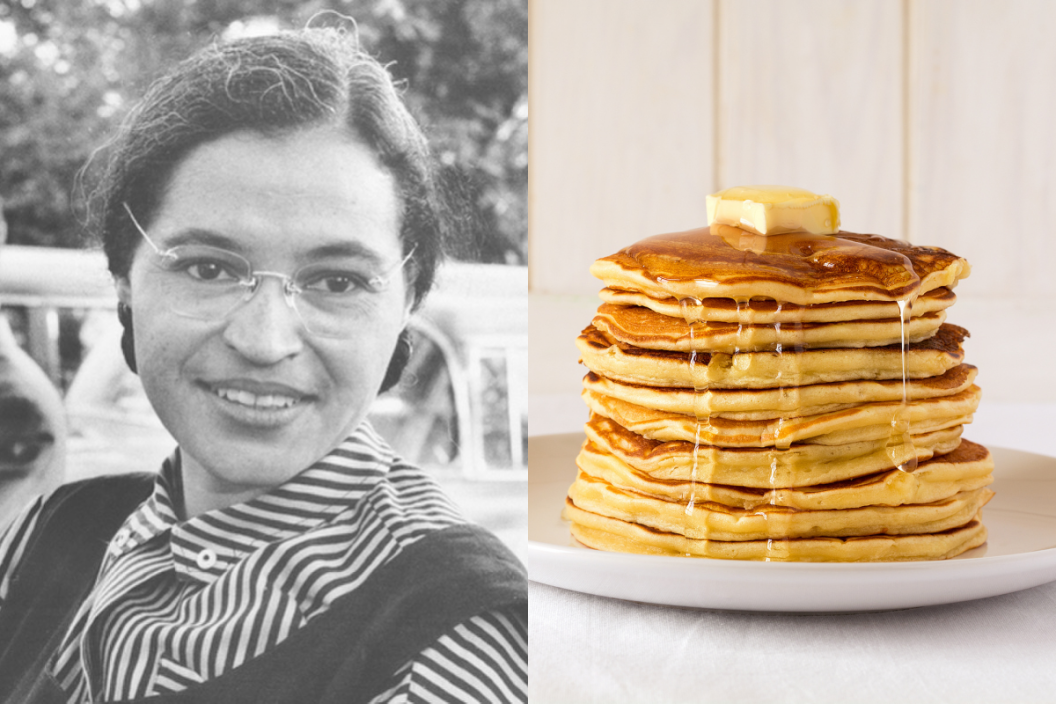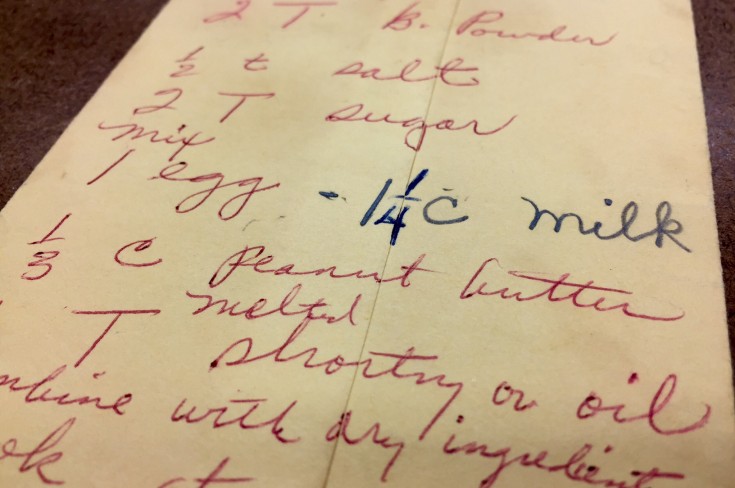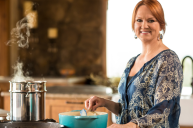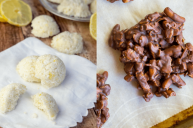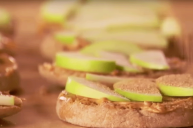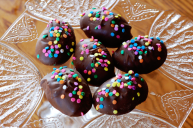When you hear the name Rosa Parks, you imagine a brave woman making a stand for her rights and becoming the catalyst for the Civil Rights Movement. Although we all know this iconic story, most of us know nothing about Rosa Parks' inner thoughts or personal life. Fortunately, Rosa Parks' pancake recipe was unearthed a few years ago, providing a small and intriguing window into her world.
Rosa Parks' Personal Documents
The Library of Congress released Rosa Parks' personal documents for the first time in 2015, and they were put online a year later. These treasures include postcards from Rev. Martin Luther King Jr., volunteer lists for the Montgomery Bus Boycott, and other personal papers and journal entries.
One document that deviates from the many logistical notes is Parks' featherlite pancake recipe, written haphazardly on the back of an envelope. This historical tidbit was covered on an episode of The Sporkful podcast, in which they explain the significance and history embedded in this seemingly simple note.
As food writer Nicole Taylor says, Rosa Parks is human, and her pancake recipe shows the human side of this Civil Rights activist and hero. "It makes me look at [Rosa Parks] as more of a 'normal person.' She had to eat. She wasn't just this person who was all about the civil rights movement. She cared about nurturing and feeding her family. The pancake recipe makes me feel closer to her."
Along with showing a human side of a legendary figure, this seemingly trivial document provides hints about Parks' life, from her financial troubles to her connection with peanut butter.
The Personal Life of a Hero
Many of us know the moment that Rosa Parks refused to move for a white man on the bus, but few of us know how her life was affected by it. As Adrienne Cannon, curator of the Rosa Parks Papers explains, "She had lost her job for taking the stand that she did. Both she and her husband were receiving death threats. And she was struggling to find gainful employment again."
Because of the death threats, unemployment and discrimination Parks faced for her heroic act, she and her husband eventually had to move to a new city. They settled on Detroit, which explains why the envelope Parks used for her recipe is from a bank in Detroit.
The reason she reused an envelope instead of writing on new paper is that Parks and her husband were having financial troubles after her famous bus boycott, and she was in the habit of reusing items to save money and resources.
The Importance of Peanut Butter
Another interesting element of this recipe is that it calls for a 1/3 cup peanut butter. Even the biggest peanut butter fans typically don't include it on their pancakes, but it turns out that Rose Parks had a deep love of peanut butter.
Parks grew up in Tuskegee, Alabama, where George Washington Carver became famous for his success with peanuts. Carver, also called "the Peanut Man," produced over 300 products from peanuts with the goal of helping black farmers in the South to support themselves after slavery.
Peanuts came to America through the slave trade, along with many other now-popular foods. African slaves were known to cultivate them, using the nuts as a source of protein. Because of this, peanuts began as a principally African-American food, and weren't popularized until Carver's research and publications. Because she grew up while Carver was becoming "The Peanut Man," peanut butter was always a central part of Rosa Parks' diet.
Rosa Parks Featherlite Peanut Butter Pancakes
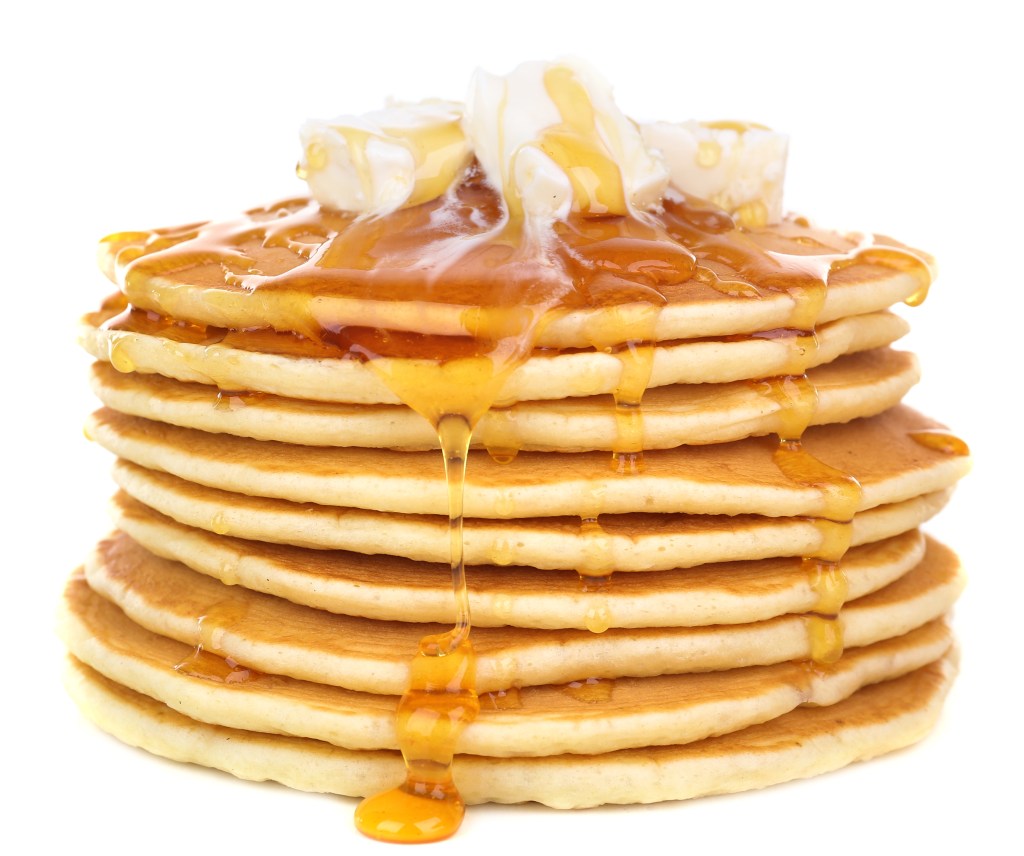
Rosa Parks' pancake recipe is a valuable memento of this Civl Rights hero, along with being a piece of history in itself. In one document, we can learn about Parks' favorite foods, along with seeing pieces of her lifestyle and upbringing.
Along with being an essential piece of American history, the famous recipe sounds pretty darn delicious. Ms. Parks' peanut buttery pancake batter involve 1 cup flour, 2 tablespoons baking powder, 1/2 teaspoon salt, 2 tablespoons sugar, 1 egg, 1 1/4 cup milk, 1/3 cup smooth peanut butter, and cooking oil.
Rosa Parks used a griddle for her pancakes, but you can make it work with a skillet instead. She served them warm, topped with butter and maple syrup for a tasty and indulgent breakfast.
Get the full recipe here.
